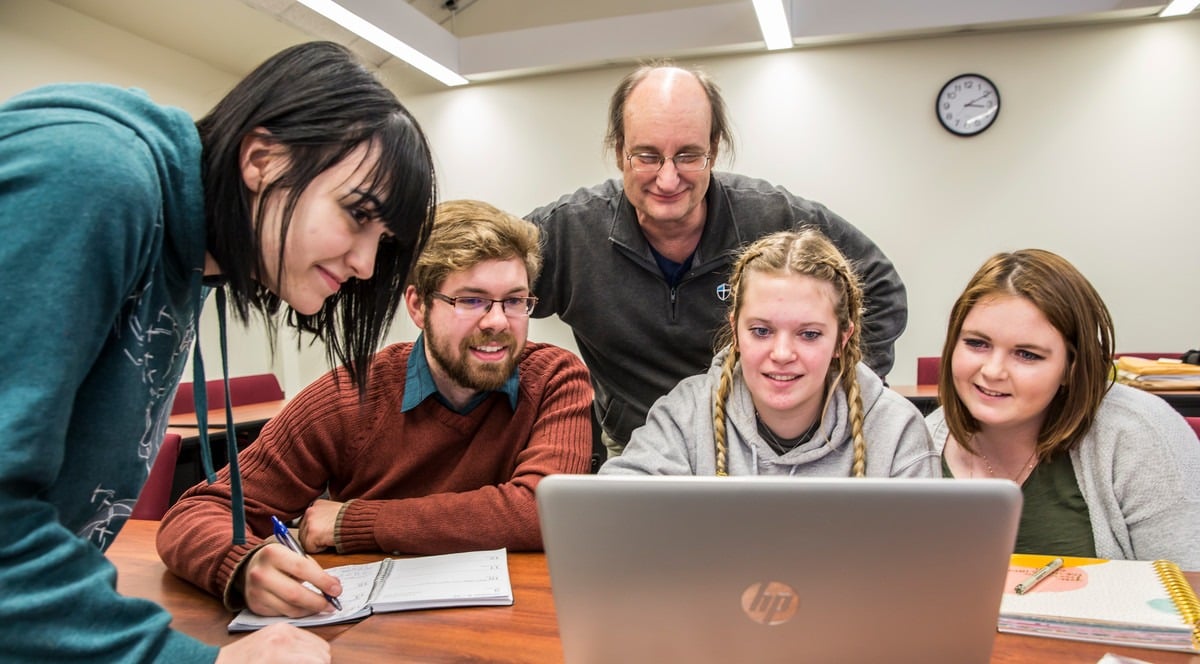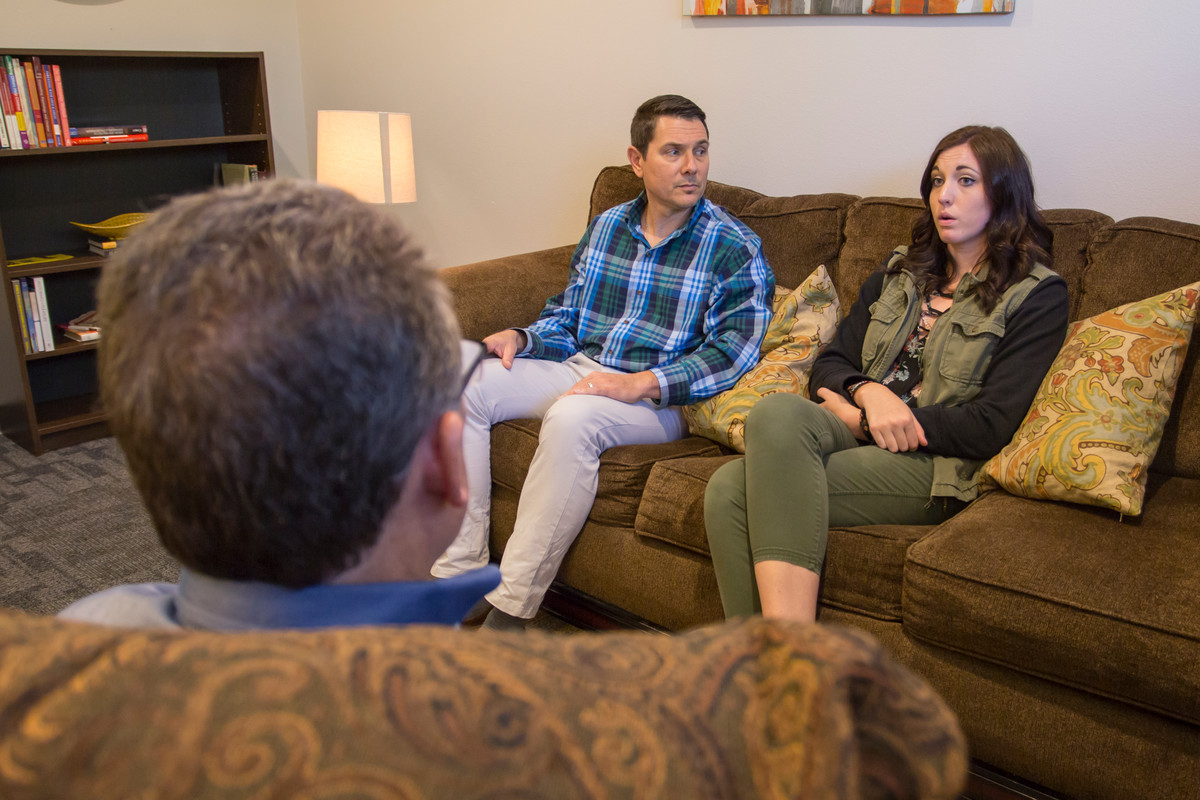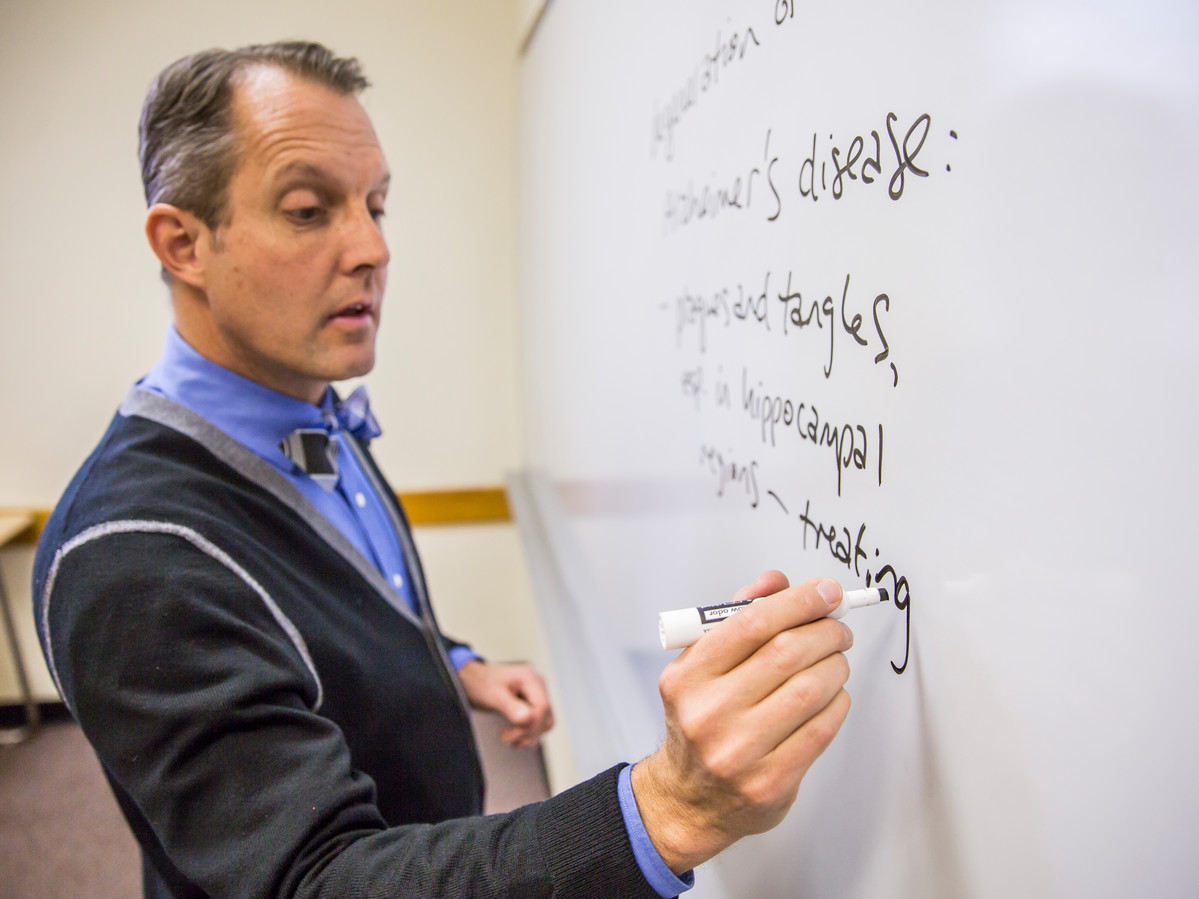The scientific study of human behavior and mental processes including the brain and behavior, consciousness, learning and memory, development, sociocultural processes, emotions, stress and health responses, psychopathology, and treatment methods in psychological science. Students are introduced to theory, research, and practice as the foundations of modern psychology. Meets the Social and Behavioral Sciences requirement of the Core Curriculum.
Designed to help students develop the knowledge and skills that will enable them to make intelligent choices about their future in the discipline. Topics for discussion include the changing nature of psychology, departmental resources and goals, career development, and graduate studies. Not required of majors who upon matriculation to JBU have completed more than 12 transferable hours in psychology.
A study of the essential statistical techniques needed to analyze experimental data and understand current research publications with applications in the social and behavioral sciences. Topics include graphing, descriptive statistics, inferential statistics and hypothesis testing (using correlation, regression, t-tests, ANOVA, and chi square). Extensive use of statistical software for both calculation and enhancing conceptual understanding and critical thinking.
An introduction to research methods in psychology that stresses critical thinking about methodological issues. Research skills are developed in hypothesis construction, research design, interpretation of statistical results, scientific writing, library and internet research, and presentation of results to a professional audience.
An opportunity for students to develop research skills in a content area with the goal of completing and presenting an empirical research project. Members of the class also produce the departmental online undergraduate research journal. Meets the Social and Behavioral Sciences requirement of the Core Curriculum.
The nature, causes, and treatment of maladaptive behavior including personality disorders, psychoses, reactions to stress, anxiety disorders, and other dysfunctions. Includes a review of diagnostic techniques, biological and psychological therapies, preventive programs and other strategies of intervention.





